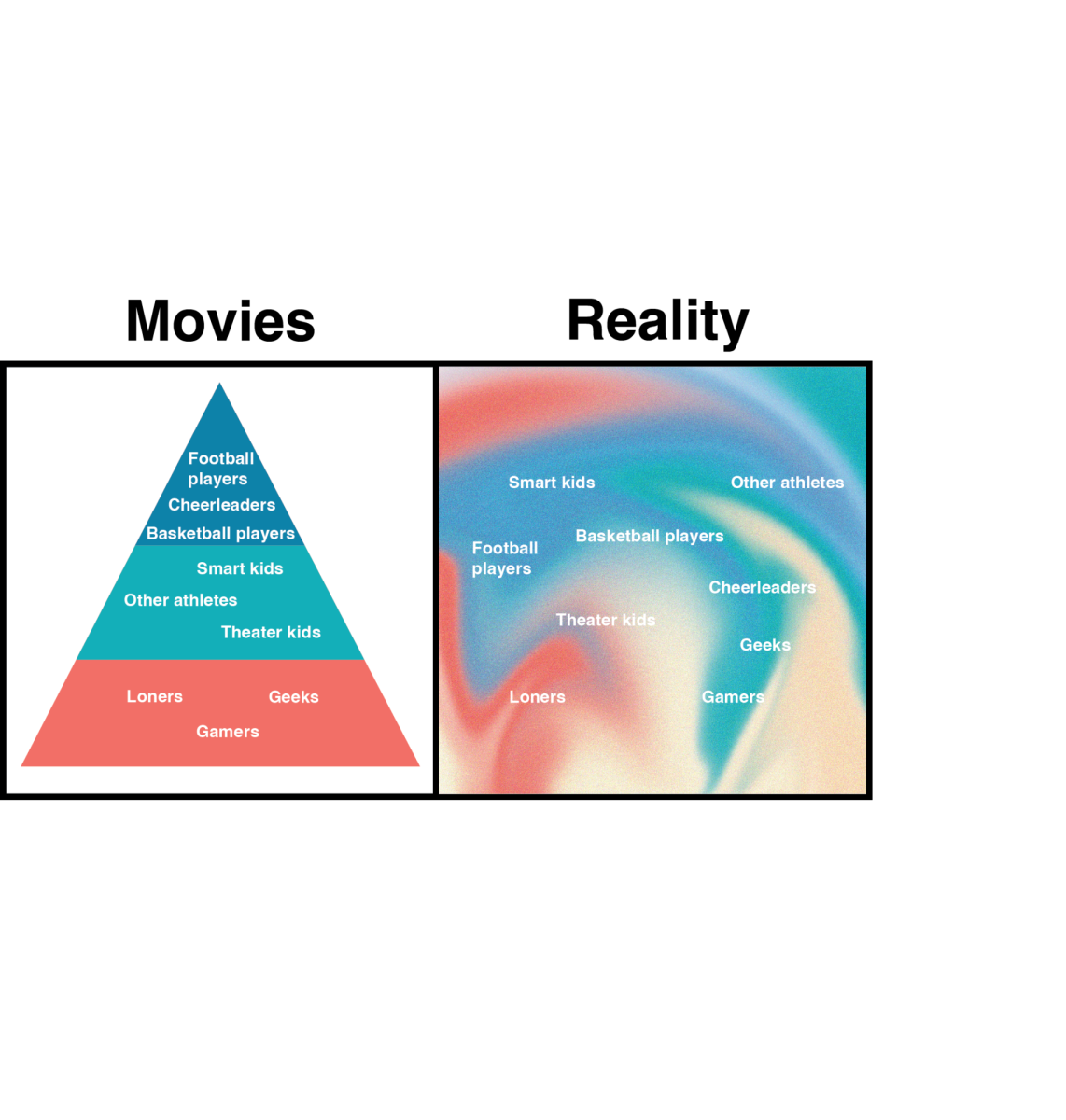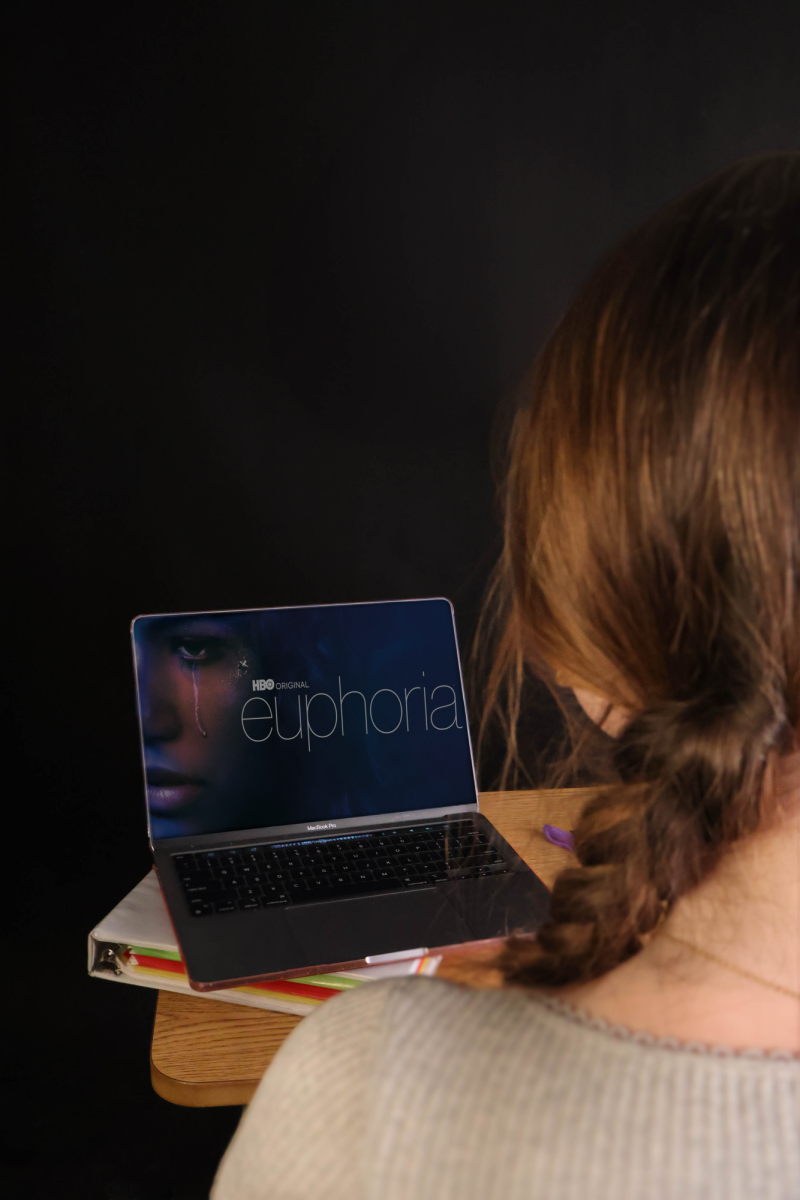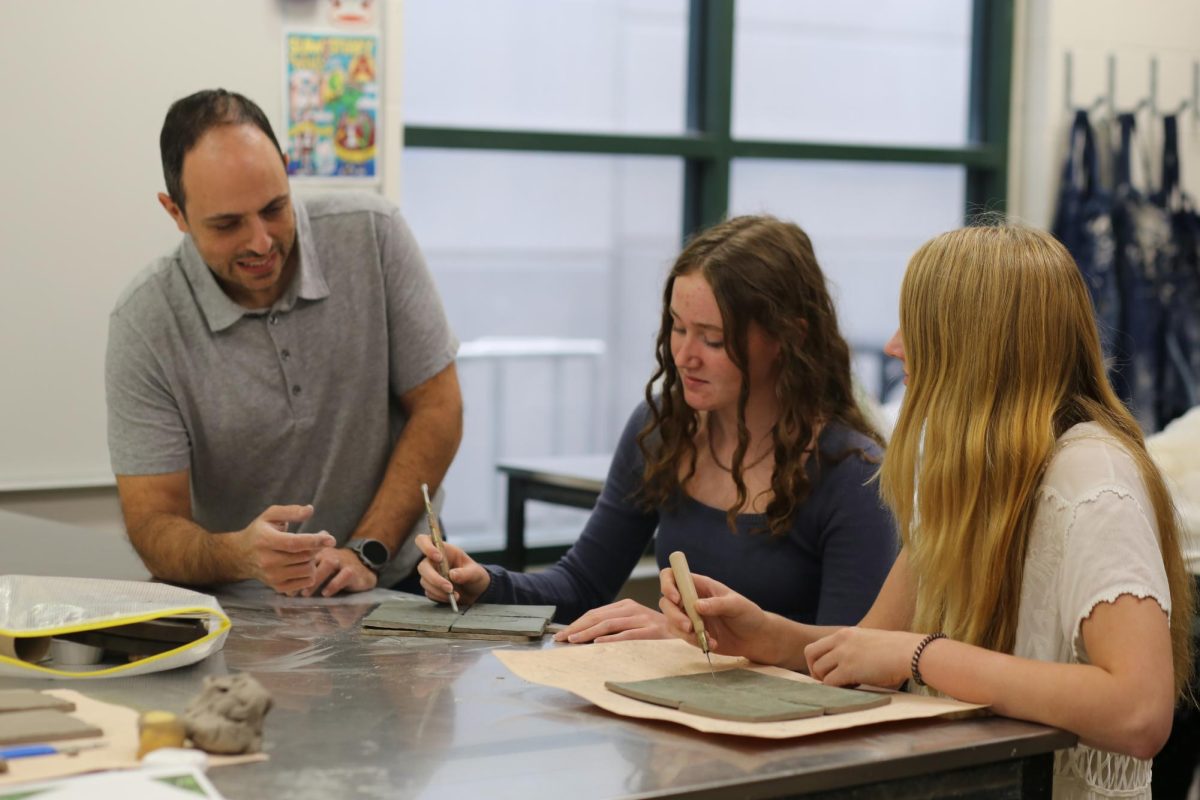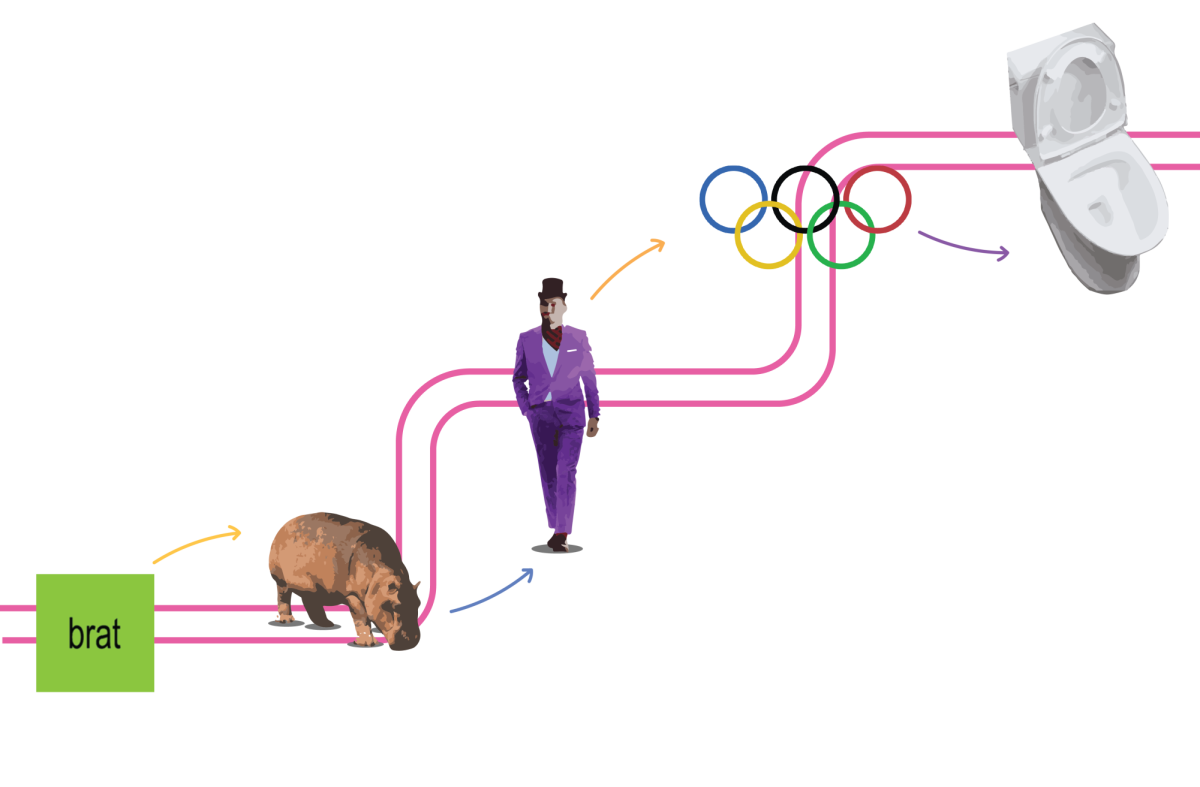When thinking of procrastination, the first thing that comes to mind is schoolwork. Teachers can always be counted on to urge their students to start studying early and refrain from cramming or starting assignments mere days before the due date.
Organization, while seen as important, lacks the same emphasis as schoolwork. Those who attempt to become more organized end up discouraged by the supposed enormity of the task. While the task can potentially be difficult on a large scale, organizing the seemingly insignificant can be very beneficial.
One of the most common reasons people keep extra things is sentimentality. Objects gain sentimental value when a person attaches the object to an important event, memory or even another person. Psychology teacher Donna Walker explains this phenomenon.
“It’s a way of us having power or control of a situation,” Walker said. “I can’t force that amazing event to happen again. I can’t resurrect someone from the dead, but I can hold onto this item and that’s something I can control.”
Though difficult, research shows that achieving organization has several positive impacts.
The University of Pittsburgh conducted a study and found that disorganized students can be more forgetful and more likely to complete assignments incorrectly.
According to The Personality and Social Psychology Bulletin, people who thought that their areas were “cluttered” had higher levels of the stress hormone cortisol. Less clutter was also associated with decreased depressed mood throughout the day.
Even if tackling larger organization projects appears daunting, organizing smaller things can be just as impactful.
Author Stephen Guise writes in his book “Mini Habits: Smaller Habits, Bigger Results” about his experience with “The One Push-Up Challenge.” He explains that creating a workout regimen of one push-up a day was surprisingly impactful. It ensured that he was meeting his goal everyday, and over time, the task became a positive habit, evolving from a simple 10-second task into a daily 30-minute workout session.
This same idea of starting small is just as applicable with organization. Setting achievable goals, like cleaning out a desk or pencil case, can eventually create habits such as cleaning the rest of the room or backpack regularly. That being said, here are some small goals and tips to become and stay organized.
Keep It Convenient
Difficulty is one of the most common reasons for disorganization, so making it easier to organize is key to success.
One of the best ways to make organization at home convenient is by using smaller containers. Besides creating storage and keeping items off of desks or shelves, small containers also limit the amount of storage available, lessening the amount of things to organize.
In terms of school supplies, one helpful item is a multiple-pocket folder. These are especially helpful with homework and assignments. If papers from every class are all in the same place, it becomes easy to differentiate between work from different courses.
Finally, try to make organization satisfying. For some people, color-coding and beautifying the innards of a backpack are worth the extra effort, and creating an additional reward means greater incentive to stay organized.
Make Your Bed
Despite how frivolous it may seem, taking that extra minute in the morning to make your bed is surprisingly beneficial. Besides improving the overall look of the room, people who make their beds are also 19 percent more likely to having a restful night, according to the National Sleep Foundation.
Making your bed can also be a “breakfast” in regards to work and organization. Completing the simple chore starts the day off with success. This makes it easier to accomplish another objective, eventually leading to many completed objectives and a successful day.
Be A Savage
Being honest is arguably the most important way to stay organized. Very few people use every single thing they have, and eliminating the superficial things makes it easier to stay organized.
The best way to do this is by staying objective. For instance, very few people actually use every single piece of old homework when studying, so it’s better to recycle the paper rather than stuffing it into a backpack or binder and forgetting about it. And rather than considering how nice a shirt is, try to recall the last time it was actually worn.
Staying honest and getting rid of the unnecessary things makes life easier. By eliminating the superficial, it’s easier to see the value in the remaining things still left.





















